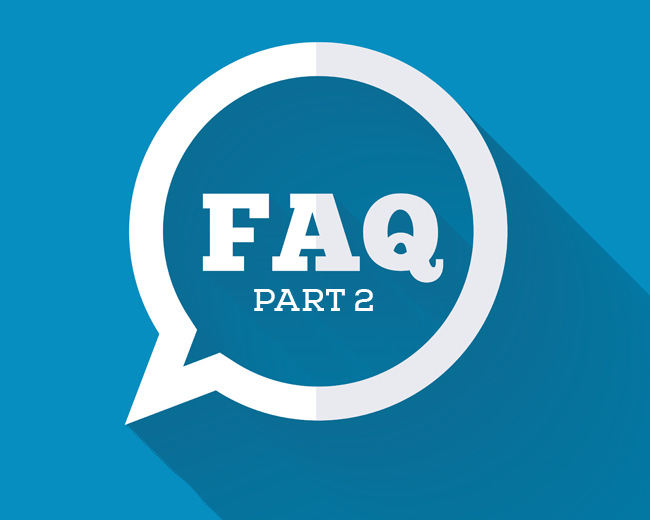A: You might be eligible for government subsidies to help you pay for private insurance that would be sold in the new state-based insurance marketplaces, called exchanges, slated to begin operation in 2014.
Premium subsidies will be available for individuals and families with incomes between 133 percent and 400 percent of the poverty level, or $14,404 to $43,320 for individuals and $29,326 to $88,200 for a family of four.
The subsidies will be on a sliding scale. For example, a family of four earning 150 percent of the poverty level, or $33,075 a year, will have to pay 4 percent of its income, or $1,323, on premiums. A family with income of 400 percent of the poverty level will have to pay 9.5 percent, or $8,379.
In addition, if your income is below 400 percent of the poverty level, your out-of-pocket health expenses will be limited.
Q: How will the legislation affect the kind of insurance I can buy? Will it make it easier for me to get coverage, even if I have health problems?
A: If you have a medical condition, the law will make it easier for you to get coverage; insurers will be barred from rejecting applicants based on health status once the exchanges are operating in 2014.
In the meantime, the law will create a temporary high-risk insurance pool for people with medical problems who have been rejected by insurers and have been uninsured at least six months. This will occur this year.
Starting later this year, insurers can no longer exclude coverage for specific medical problems for children with pre-existing conditions nor deny coverage to children with pre-existing illnesses.
Insurers later this year will also be barred from setting lifetime coverage limits for adults and kids. In 2014, annual limits on coverage will be banned.
New policies sold on the exchanges will be required to cover a range of benefits, including hospitalizations, doctor visits, prescription drugs, maternity care and certain preventive tests.
Q: How will the legislation affect young adults?
A: If you’re an adult younger than 26, you’ll be able to stay on your parent’s insurance coverage as long as you are not offered health coverage at work. This provision officially takes effect in September, but insurers may not have to comply until the beginning of a new health plan year – which often happens in January.
In addition, people in their 20s will be given the option starting in 2014 of buying a “catastrophic” plan that will have lower premiums. The coverage will largely only kick in after the individual has $6,000 in out-of-pocket expenses

